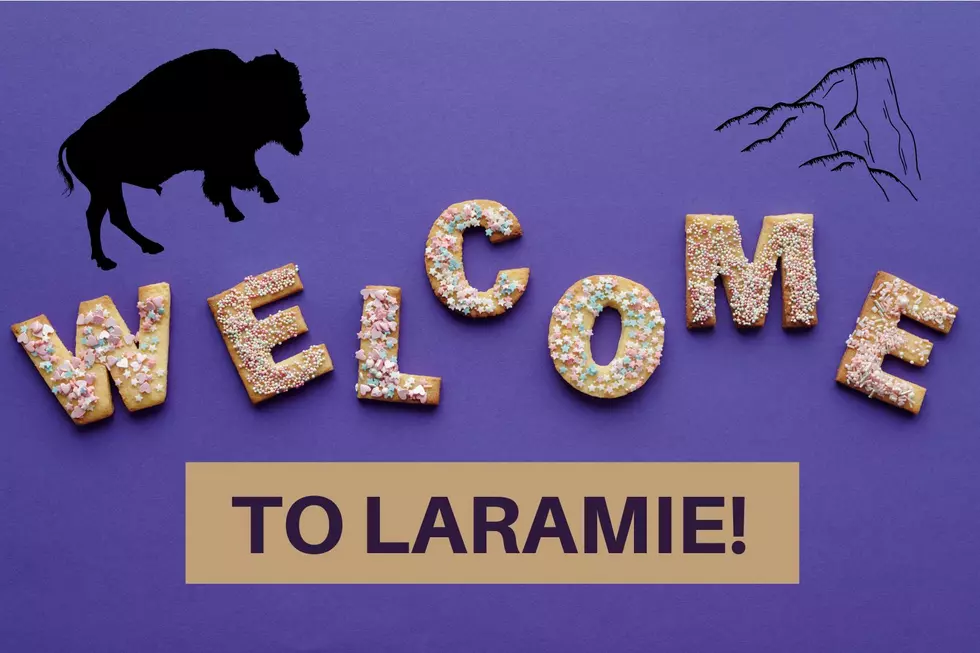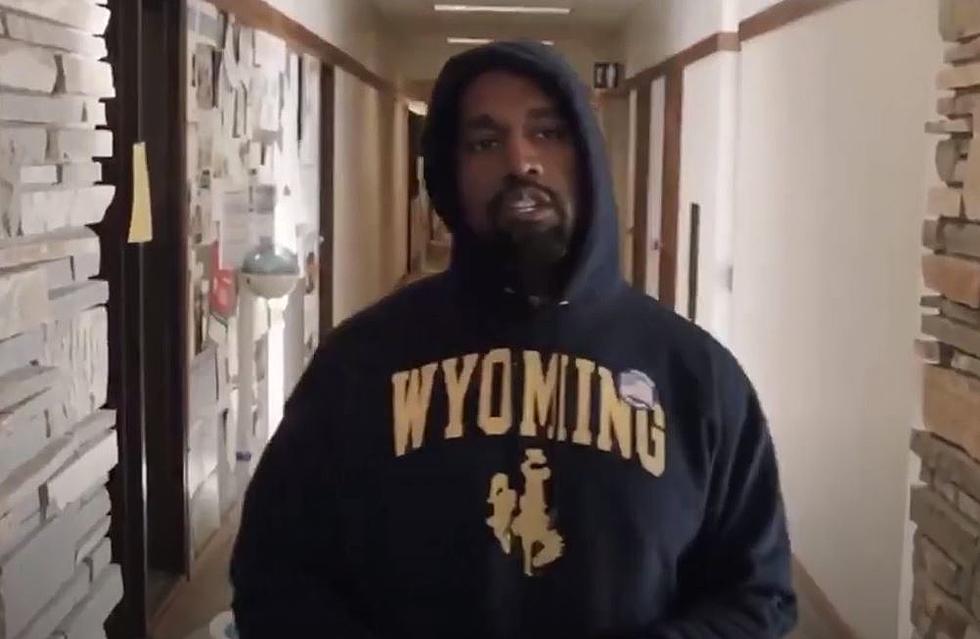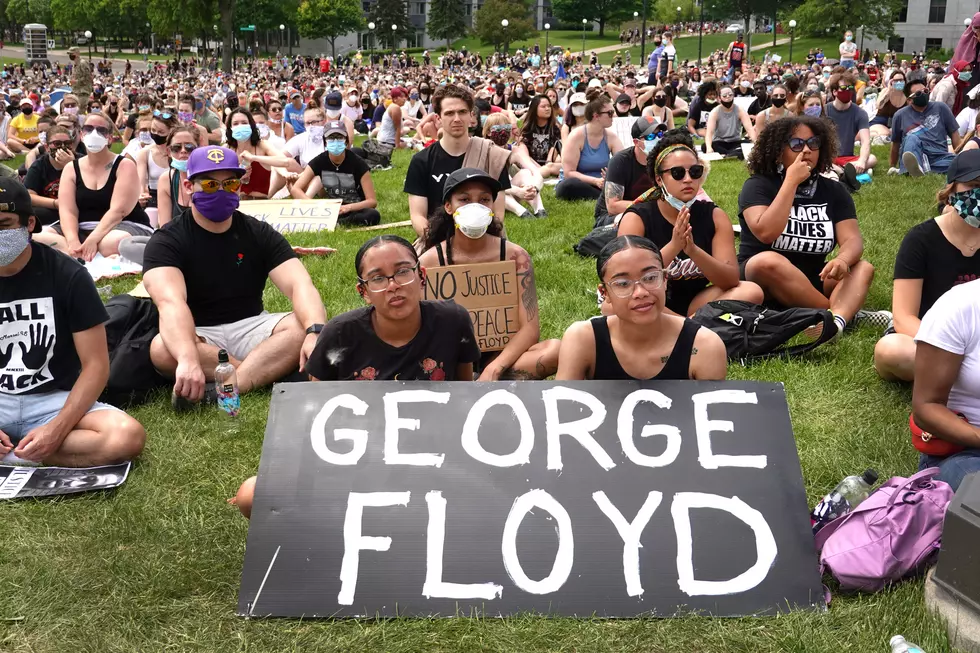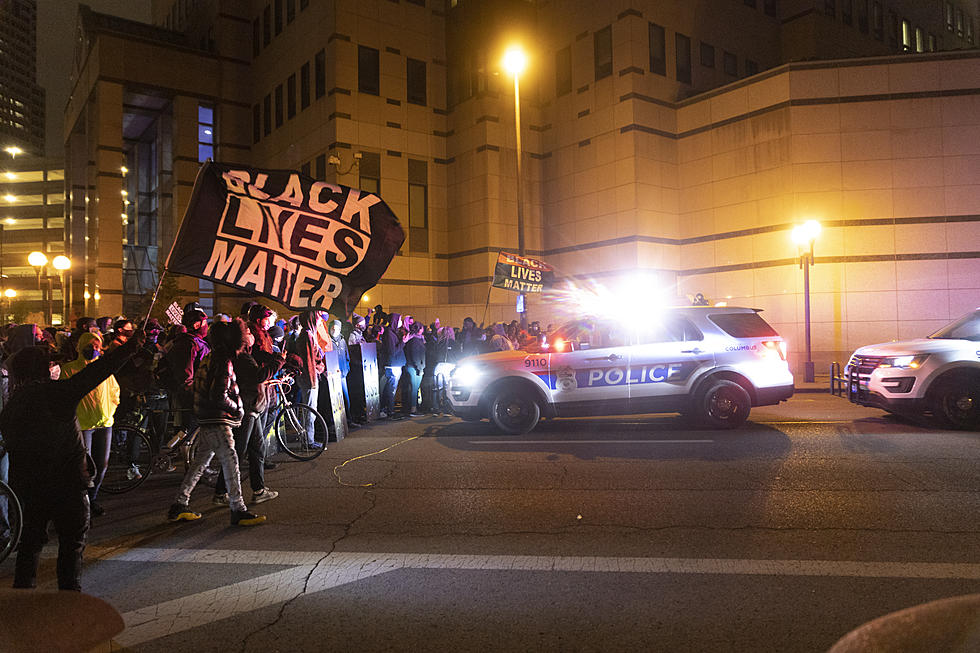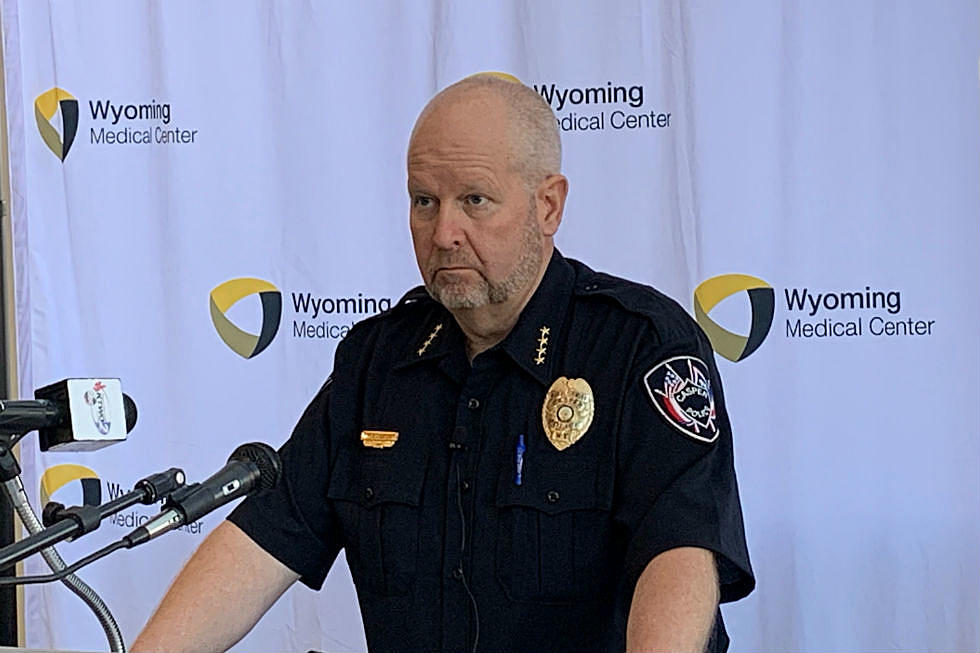
Casper Police Department Responds to Concerns About Abuse, Profiling, Youth
Late afternoon Wednesday, a group gathered at Veterans Park on East Second Street to protest national and local concerns of police brutality, racial profiling, relations with youth in the community, and indifference to certain populations who reported crimes.
K2Radio News reported these concerns and questions to the Casper Police Department. Thursday, department spokeswoman Rebekah Ladd responded. We are presenting the questions and the verbatim responses from the police department.
"What is the police department doing to deal with police brutality? In light of the killing of George Floyd, is there more training?"
"Upon learning about the tragic and unnecessary death of George Floyd in Minneapolis, Minnesota, Casper Police Chief Keith McPheeters ordered all police officers to watch the heartbreaking video and have meaningful discussion around race and our role as police officers to help –- not hinder the progress that needs to be made in our country. We are always looking at the best avenues to train and provide the most professional policing services to Casper. We are committed to doing everything we can to not have what happened in Minneapolis happen here. That means ensuring, we are training on the appropriate topics again and again, keeping that information at the forefront of our minds always."
What is the police department doing to address racial profiling?
"Our officers conduct a high level of training, both in the professionalism of the training, the rigor and quantity. Our training vigorously teaches that officers understand and respect racial and cultural differences. Our officers are trained in the safest and appropriate ways to carry out law enforcement duties in culturally and racially diverse environments, with the highest respect paid to all people."
What is the police department doing to improve relations with youth in the community?
"The Casper Police Department invests heavily into the younger generations of our community. Our primary way is through our School Resource Officer program which dedicates nine full time officers, including a sergeant, to the Natrona County School District. These officers are fully integrated into specific schools and are with the students every day. They spend time in the classroom, they read to students, each lunch, answer their questions – all while ensuring students feel safe and protected while at school. They form genuine, life-long relationships with these students and invest in them to build a strong trust. This trust goes far beyond the classroom and helps further our bond as a police department with the youth even outside of school. The students are able to see on their own the integrity of police officers and the support they provide to a community. This also allows our officers to better understand the younger generations of today, and in turn, better understand their lifestyle and diverse backgrounds. Ultimately, this allows us to better serve them when they need us to keep them safe. These relationships are highly valuable to us because as the children grow and become adult members of our community, we can call on those relationships to have a better, safer community where the citizens and police understand each other and can better come together."
"Our officers also take advantage of any opportunity provided to spend a few moments with a child or do something special for them. Just over the last couple months, we accommodated over three dozen ‘Birthday Party Patrols’ where officers drive by a child’s home and sing happy birthday. We take extra time where we can to show an interested child our patrol vehicle or explain what a police officer does. Our officers are constantly finding opportunities to invest in our younger generation, even if for a few moments here and there because we believe that if we can form positive relationship with our kids – we can keep this community the safe place we know and love, together."
Is there a history or pattern of slow police response when people of color or people who live in certain neighborhoods such as north Casper call to report a crime? O'Shea Abeyta said he knows of instances where police have taken 16-24 hours to respond.
"The Casper Police Department responds to calls based off of the information provided to the tele-communicator during the initial report. With that information, the call is categorized with a priority level for law enforcement. Depending on that priority level, along with the immediate availability of officers, determines the amount of time it can take on a case by case basis for an officer to respond to a call for service. An example of a priority one call would be a home burglary in progress. An example of a lower priority call would be someone calling to report an abandoned vehicle."
Casper Police Department spokeswoman Rebekah Ladd presented data about response times in two areas of the city, and response times in order of six priority categories.
This is a brief breakdown of how calls are categorized according to the top four prioirities:
- Priority One – "My car is being broken into right now." (Immediate life safety or property issue.)
- Priority Two – "My car was just broken into and I see the person running down the street."
- Priority Three – "My car was broken into this morning."
- Priority Four – "My car was broken into sometime yesterday."
In Police Department Area 1 of Beverly Street and Interstate 25 to the east -- average response time and the time spent on scene per priority:
- Response time: 6 minutes 40 seconds; and time on scene – 39 minutes 25 seconds.
- Response time: 7 minutes 33 seconds; and time on scene – 34 minutes 12 seconds.
In Police Department Area 3 of north Casper and some of the downtown area including Second Street to the river and Poplar Street to Beverly Street -- average response times and time on spent on the scene per priority:
- Response time: 5 minutes 8 seconds; and time on scene -- 36 minutes 43 seconds.
- Response time: 6 minutes 52 seconds; and time on scene – 36 minutes 17 seconds.

10 Facts About Wyoming That You May Not Know
10 Facts About Wyoming That You May Not Know
More From Laramie Live


